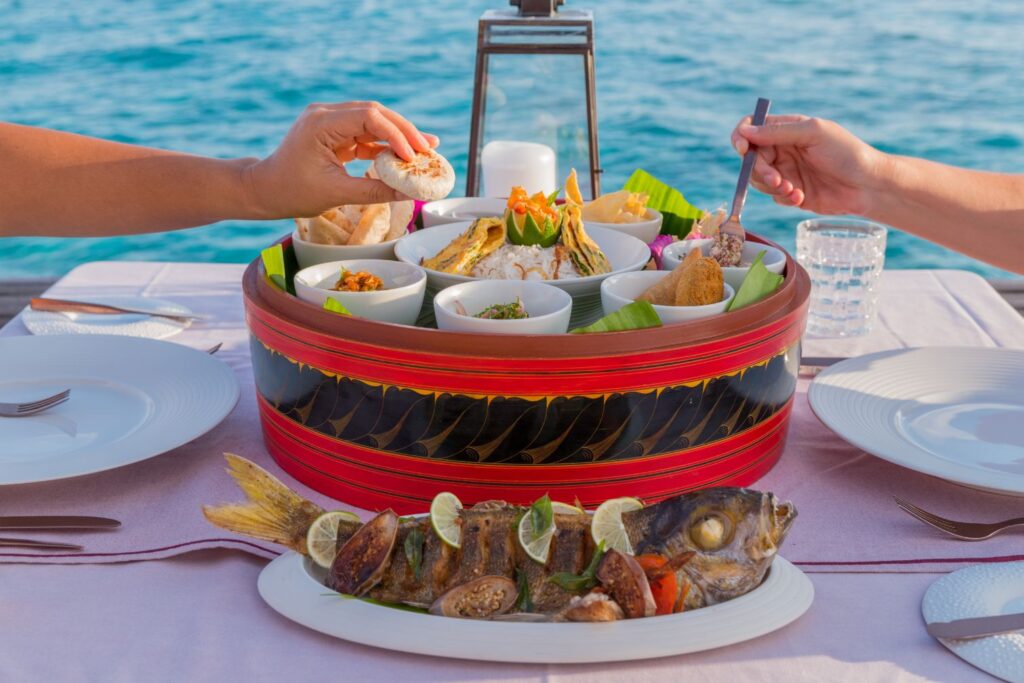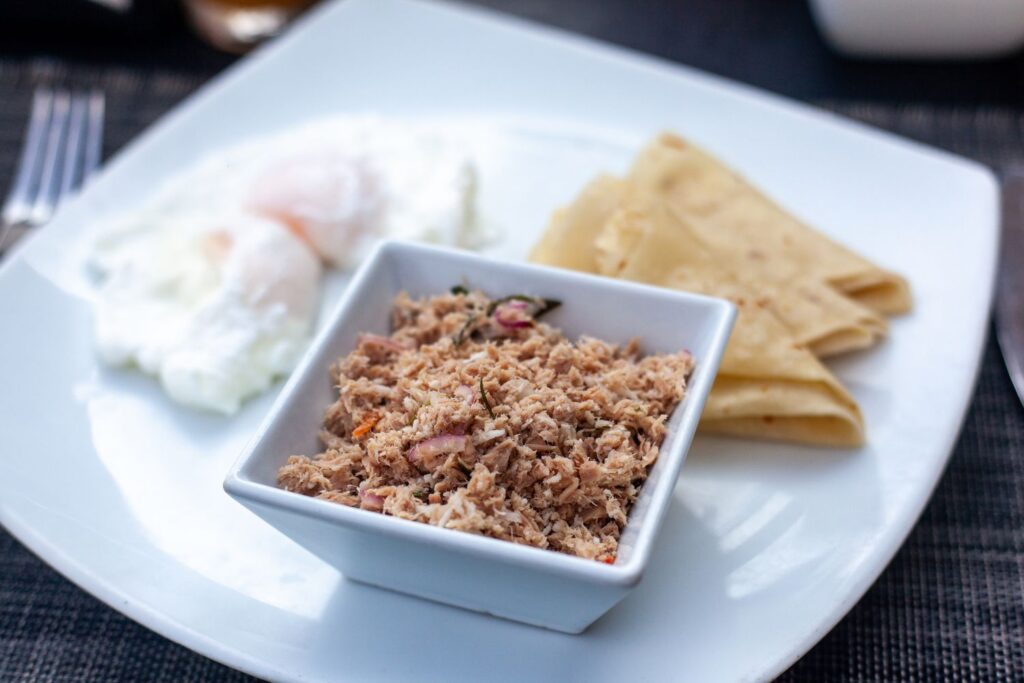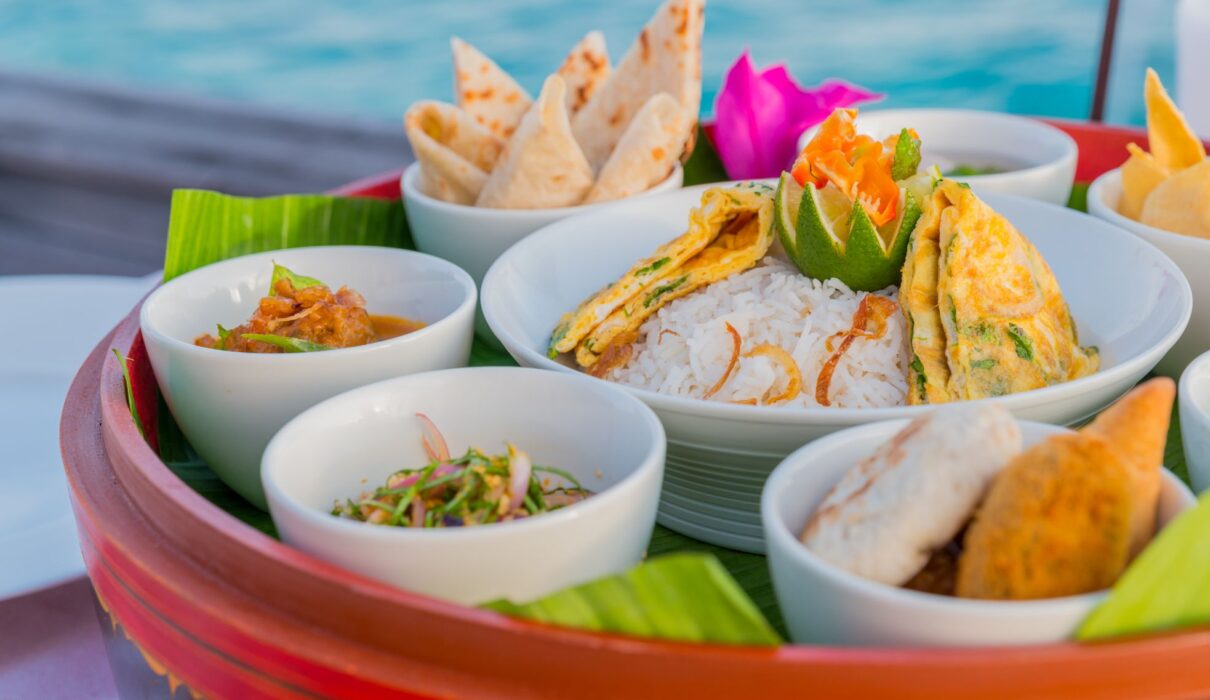The culinary journey is a vital element of the tourist experience, and there is a growing trend to incorporate local cuisine into tourism, enhancing visitor attractions and overall experiences. Local food serves as a distinctive aspect for destinations, contributing significantly to increased visitor engagement, enabling growth in various economic sectors, and supporting sustainable livelihoods. The inherent connection between local food and culture facilitates the promotion of cultural heritage through culinary experiences. Consequently, integrating local food with tourism holds the promise of nurturing sustainable tourism practices that will benefit.

The Maldives, a nation that is recognised worldwide as paradisiacal has long attracted tourists to its shores primarily for its pristine beaches and crystal-clear waters. However, amid this breathtaking natural beauty, there lies an opportunity to further enhance the overall visitor experience through the integration of local cuisine. Currently, the nation heavily relies on imports to sustain its tourism industry, emphasizing the importance of diversifying revenue streams to benefit local communities.
The one-island-one-resort concept, while contributing to the Maldives’ exclusivity, has limitations in terms of economic distribution. To address this, incorporating local cuisine becomes a strategic move not only to entice visitors with unique flavors but also to create economic opportunities for local producers, farmers, and businesses.
Historical trade connections with South Asia, the Middle East, and Africa have infused Maldivian dishes with varied spices and flavors. The use of local ingredients such as breadfruit, tubers, and tropical fruits further characterizes Maldivian culinary traditions. Imagine savoring freshly caught tuna, a staple in Maldivian cuisine, prepared with a blend of local spices, coconut, and aromatic herbs. The fusion of these flavors is not only light and fragrant but also provides an authentic cultural experience. Local dishes such as Garudhiya (fish soup), Mas Huni and Roshi (smoked tuna with coconut and flat round bread), and Bambukeylu Hiti (mild breadfruit curry) illustrates the rich culinary heritage of the Maldives.

By promoting and integrating these local delicacies, the Maldives has the potential to redefine its image from not only being a visual paradise but also a gastronomic haven. Moreover, emphasizing sustainable and locally sourced ingredients aligns with the global trend toward responsible tourism. This culinary transformation isn’t just about diversifying the tourist experience; it’s about creating a more resilient and sustainable tourism sector. Initiatives to link local food with tourism
can involve collaborations with local farmers, fishermen, and small-scale producers, enhancing a sense of community and shared prosperity.
As the Maldives explores this culinary integration, it has the opportunity to craft a narrative that goes beyond its natural beauty. It becomes a story of a nation embracing its cultural roots, offering an immersive experience for travelers, and contributing to the well-being of its people. Ultimately, the marriage of local culinary delights and tourism in the nation has the potential to redefine the Maldivian experience, one delicious bite at a time.



